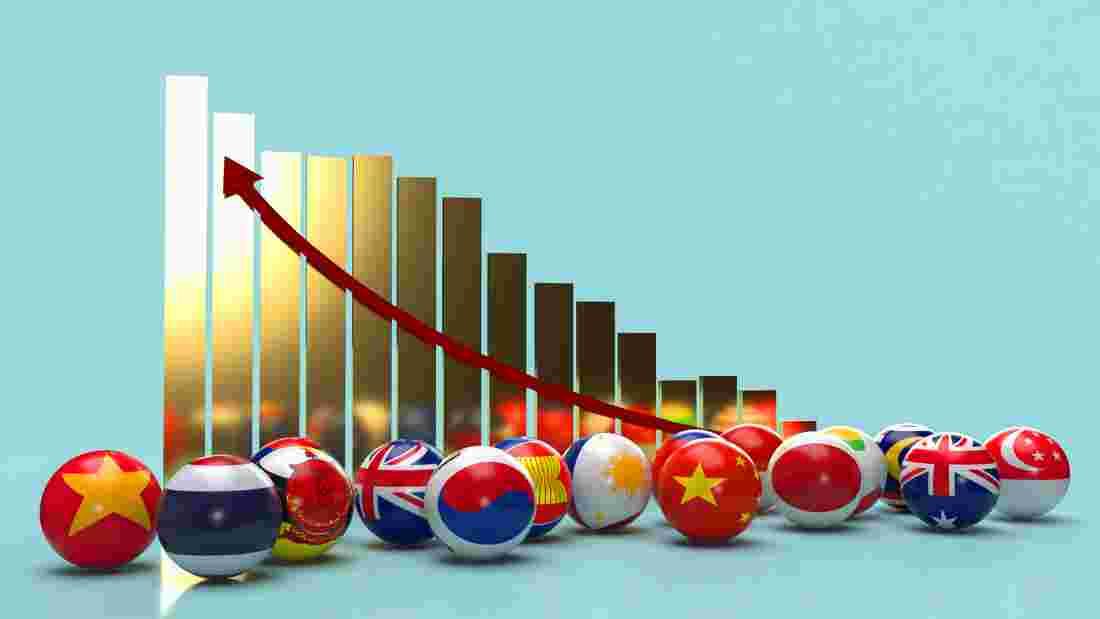Neocolonialism is an indirect form of imperialism that represents a new phase of Western capitalist expansionism. It operates through the manipulation of economic, political, and cultural independence in the developing world, perpetuating long-lasting inequalities and promoting unfair exploitation.
What is Neocolonialism?
Neocolonialism is an extension of the colonialism era, which dominated the 19th and early 20th centuries. During this period Western powers utilized direct military force and political control over colonies to exploit their resources and people for their own gain.
In the post-World War II era several colonies regained their independence, but the colonisers turned to indirect and subtle methods to maintain control over their former colonies.
Neocolonialism is practiced through various means, such as influencing governments through political pressure and economic aid, promoting unfavorable trade agreements that allow foreign companies to exploit natural resources and labor, and even leveraging debt to control weaker developing countries.
For instance, while Western powers promote free trade agreements as mutually beneficial, these agreements have been found to be unfair and exploitative, resulting in a situation where richer countries profit from cheaper goods while poorer countries experience declining wages, rising inequality, and environmental degradation.
How does Neocolonialism Differ from Colonialism?
Neocolonialism differs from colonialism in that it remains largely invisible and indirect, with Western powers often exerting their influence in subtle ways. Whereas colonialism involved direct conquest and occupation of foreign lands, neocolonialism is more likely to be enforced through economic agreements that favor the interests of the Western nation over those of the developing countries.
Neocolonialism also implies a more sophisticated power structure in which cultural values, symbols, and language are used to maintain domination. For instance, Western media and entertainment, as well as educational systems, may be imposed on less developed countries with the intention of creating a sense of dependence on their former colonial masters. This creates an unequal relationship between nations where one is clearly advantaged over the other.
In addition, while traditional colonial practices focused on exploiting resources such as land or minerals, neocolonial forms of exploitation may take place at any level – from corporate exploitation of labour to political manipulation of governments.
How does Neocolonialism Operate?
While neocolonialism may be practiced in different ways, its overall effect is to maintain control and dominance over other nations. The following are the most common ways that neocolonialism is practiced today:
Economic Dependency
Developed countries use loans and aid packages to maintain economic dependency in developing nations. These strings-attached programs often contain projects and conditions that benefit multinational corporations based in the countries providing the aid, while leaving little to no benefit for the local population. Furthermore, this cycle of constant borrowing can increase a nation’s debt burden, weakening a country’s ability to act independently and leaving it vulnerable to external influences. This can also allow for a few key players to control markets and prices, exploiting people who are unable to access resources necessary for development or gain access to certain industries.
This economic dependency is further enforced when powerful companies from developed countries establish their businesses in developing nations, using their economic clout to subvert local labor laws or environmental regulations. This unfair exploitation of developing nations not only stifles progress, but further reinforces systems of inequality. Thus, these one-sided agreements lead to an ongoing cycle of poverty and underdevelopment within developing countries.

Unfair Trade Agreements
Developed countries often set up trade agreements in a way that promotes the interests of their corporations while limiting the economic growth of developing countries. These agreements can easily undermine local industries, exploit cheap labor and natural resources of developing countries, all while maximizing profits for multinational corporations with little benefit to the host country. Such unfair trade agreements also highlight the imbalance of power between corporations in developed countries and the developing countries, with the restrictions often preventing development and local growth of emerging economies.
In addition, developing countries may face barriers to strengthen their own industries with clauses in the agreement edging them out of using local resources to build up self-reliant industries. The result of these unfair trade agreements furthers a neocolonial exploitation of previously colonized nations while preserving the uneven distribution of wealth on a global scale. Consequently, this promotes economic dependence and insufficient protection for developing countries, leaving them vulnerable to external competition and market shocks.
Exploitation of Natural Resources
Many developing nations are rich in natural resources. Developed countries exploit these resources through mining, oil drilling, and other resource extraction methods, often with little regard for the environmental impact or the benefits to the local population.
These extractive industries often disregard local concerns, with foreign businesses and governments having full control over resource extraction, as well as its distribution of benefits. This can lead to a depletion of natural resources without sufficient compensation for the local population in terms of employment opportunities or resources returned. Furthermore, these industries are often accompanied by disruption to traditional lifestyles and ecological destruction due to increased pollution levels.
Moreover, this exploitation of natural resources can contribute to the destabilization and weakening of developing countries’ economies by shifting profits away from the nation and into foreign hands, creating a cycle of persistent poverty and inequality. This problem is seen even more acutely in regions where there is limited government regulation or oversight on these activities, as multinational corporations are free to further exploit already vulnerable societies.
International Aid Packages
International aid packages can lead to neocolonialism in two ways. Firstly, they often come with stipulations that require governments in the receiving countries to take specific actions such as opening up their markets or allowing foreign ownership of resources that may not necessarily be beneficial.
Secondly, these packages are usually made available as loans which typically come with high interest rates. This makes them difficult for developing countries to pay back, leading to debt traps and economic dependence on the lender country. Both of these scenarios perpetuate the cycle of exploitation, resulting in a form of neocolonialism.
Conclusion
In conclusion, neocolonialism differs from colonialism in that it is largely invisible and indirect. It involves the manipulation of economic and cultural systems to maintain domination over less developed countries, often resulting in dependence and further exploitation. Examples of agreements that favor Western nations include free trade agreements, international aid packages, and loan contracts. Through these means, neocolonialism is a form of domination with long-term consequences for global relationships between states.
Anthropology Glossary Terms starting with N
Disclosure: Please note that some of the links in this post are affiliate links. When you use one of my affiliate links, the company compensates me. At no additional cost to you, I’ll earn a commission, which helps me run this blog and keep my in-depth content free of charge for all my readers.


